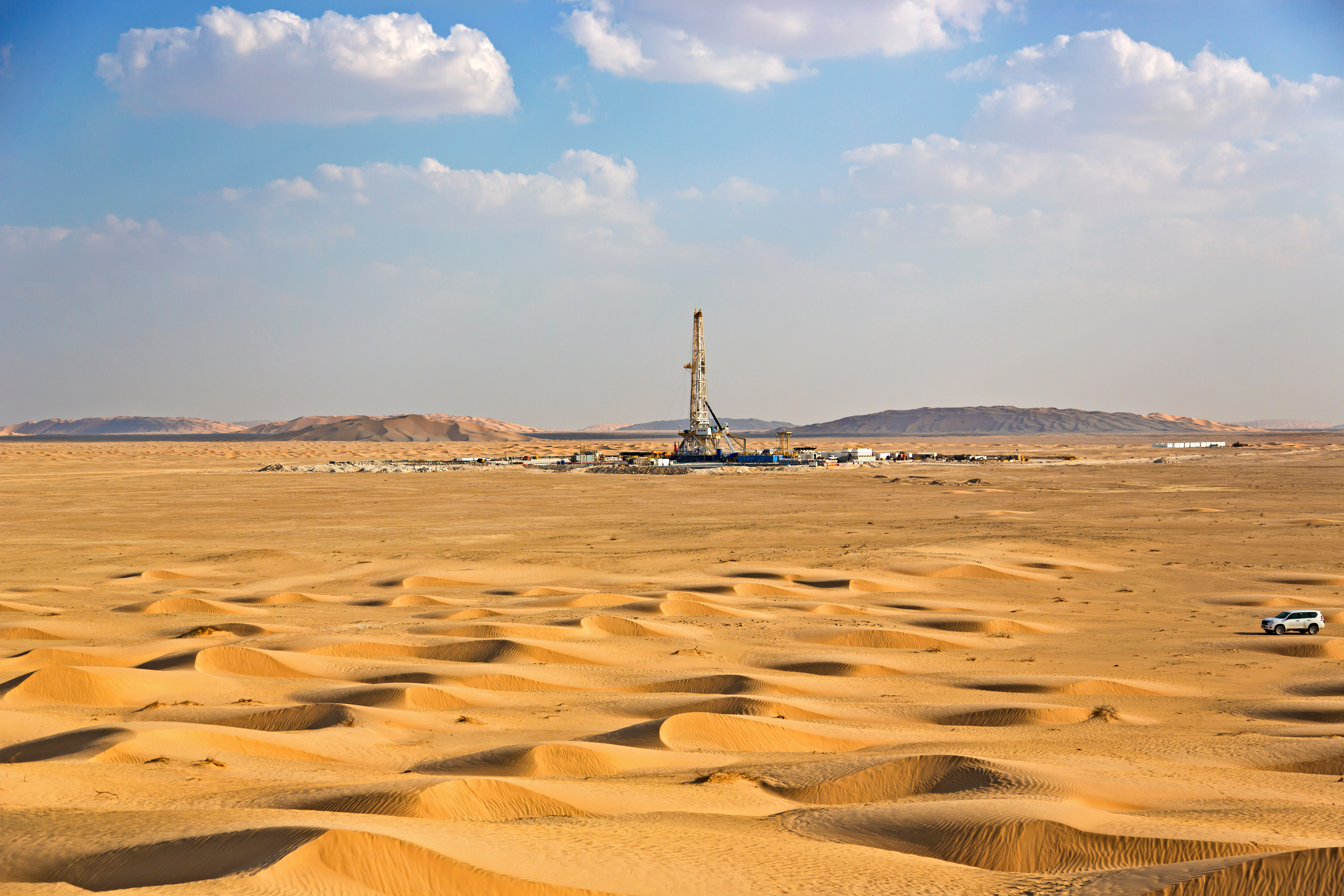Main missions
The drilling engineer supervises and coordinates drilling operations in order to obtain productive and efficient oil wells.
It plays an essential role in the planning, supervision and optimization of drilling operations for the exploitation of oil fields. His technical expertise and efficient management of operations are crucial in ensuring safe and efficient drilling operations.
Job activities
A drilling engineer will be responsible for the following activities:
-
Drilling planning: The drilling engineer participates in the detailed planning of drilling operations, in collaboration with other professionals such as reservoir engineers, geologists and geophysicists. He evaluates geological and engineering data to determine optimal well locations, appropriate drilling techniques and necessary equipment.
-
Selection of drilling equipment: The drilling engineer is responsible for selecting the appropriate drilling equipment based on the characteristics of the well, the type of geological formation and the operational constraints. It must consider factors such as well depth, reservoir pressure, formation composition and safety regulations.
-
Supervision of drilling operations: During drilling operations, the drilling engineer supervises activities on site, including setting up equipment, controlling drilling parameters, monitoring safety and resolving problems. technical issues. He ensures that operations are carried out in accordance with safety procedures and applicable regulations.
-
Optimization of the drilling process: The drilling engineer works to optimize the drilling process to maximize productivity while reducing costs. He may suggest technical improvements, such as the use of new drilling techniques, the application of specific drilling fluids or the adoption of directional drilling methods to reach several reservoir zones from a single well.
-
Problem and risk management: The drilling engineer is responsible for identifying and resolving problems encountered during drilling operations, such as formation stability problems, mud loss incidents or mechanical complications. . It also works to minimize risks related to worker safety, the environment and equipment.
-
Data Collection and Reporting: The Drilling Engineer collects and analyzes drilling data including operational parameters, drill logs and rock samples. He prepares detailed reports on drilling operations, results achieved and lessons learned to inform future decisions.
-
Interdisciplinary collaboration: The drilling engineer works closely with other professionals in the petroleum industry, such as geological engineers, production engineers and technicians, to integrate technical and geological aspects into planning and execution. drilling operations.
Required skills
A drilling engineer must have the following skills:
-
In-depth knowledge of drilling techniques: Proficiency in the various drilling methods used in the petroleum industry, including rotary drilling, directional drilling and horizontal drilling.
-
Drilling planning skills: Ability to develop detailed drilling plans taking into account geological data, operational constraints and applicable regulations.
-
Knowledge of drilling equipment: Proficiency in different types of drilling equipment, such as drilling rigs, drilling tools, well control systems and safety equipment.
-
Project Management Skills: Ability to effectively manage drilling projects, including resource planning, team coordination, time management and cost control.
-
Technical skills in fluid mechanics: Understanding of the basic principles of fluid mechanics and their application in oil well drilling, including the control of well pressure and the movement of drilling fluids.
-
Problem Solving Skills: Ability to quickly identify and resolve technical issues that may arise during drilling operations, such as drilling fluid circulation issues, mud loss incidents, or mechanical complications.
-
Safety Skills: Thorough knowledge of safety procedures specific to the oil industry and ability to ensure the safety of workers on the drilling site.
-
Communication Skills: Ability to communicate effectively with team members, supervisors and other stakeholders to ensure smooth coordination of drilling operations.
-
Data Analysis Skills: Ability to analyze drilling data, including operational parameters, drill logs and rock samples, to evaluate well performance and make informed decisions.
-
Knowledge of Regulations and Standards: Familiarity with petroleum industry regulations and standards for drilling, safety and environment, and ability to apply them in drilling operations.







